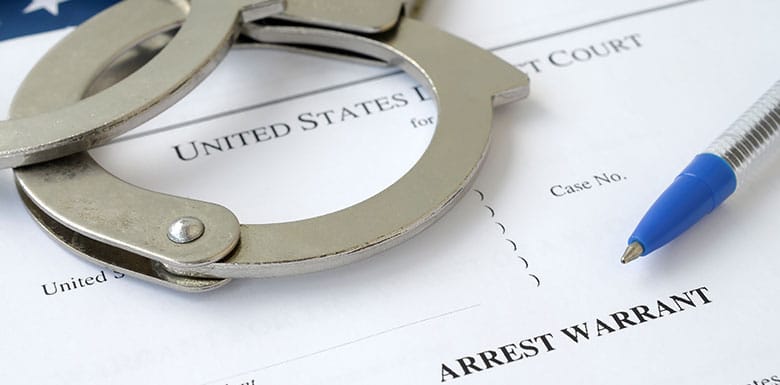What Happens If a Grand Jury Indicts You in California?
Facing criminal charges can be overwhelming. After a grand jury indicts you for a crime in the State of California, you may have concerns about what happens next and how to clear your name of the charges against you. Our Oakland criminal defense attorneys can help. Call today at 510-999-8414to schedule a free initial consultation, or continue reading.
What is an Indictment?
An indictment is an official notice telling someone they are being accused of committing a criminal offense. Indictments occur after the State’s prosecuting attorney has reviewed the evidence obtained by law enforcement and other third parties.
The evidence will be presented to a grand jury, and if the grand jury determines there is sufficient evidence to move forward with the charges against you, formal charges will be filed, and you will be indicted.
Indictments vs. Criminal Trials
Many people are confused regarding criminal trials and indictments. They will assume that an indictment is the same as a trial. However, an indictment means the grand jury has reviewed the evidence and determined sufficient evidence exists to charge someone with a criminal offense.
The trial is an entirely separate matter. The person accused of a crime will have their trial heard before a trial jury instead of a grand jury.
What Happens During the Indictment?
The State’s prosecuting attorney is responsible for presenting evidence to the grand jury during an indictment. This includes forensic evidence, witness testimony, and other various evidence exhibits. Once the evidence has been submitted, the grand jury will conduct a secret vote to determine whether to file formal criminal charges.
What Happens if There isn’t Enough Evidence to Charge the Defendant?
Grand juries typically consist of up to 23 people, 12 of whom will need to agree that there is sufficient evidence for an indictment. There will not be an indictment if the grand jury determines insufficient evidence to proceed with the case. Any information, evidence, and statements made before the grand jury will be sealed.
What Happens After an Indictment?
After a defendant has been indicted, it will be up to their criminal defense lawyer to work on obtaining a plea agreement, entering the defendant’s plea, arranging bail, and advocating for their liberties at trial.
Negotiating a Plea Bargain
Immediately after the indictment, the defendant will be charged and arrested for the crime if they are not already in police custody. To avoid a trial, the State’s prosecuting attorney may agree to work out a plea agreement with the defendant’s attorney. If the terms of the plea agreement are met, the charges against you could be dismissed or reduced, depending on the details of your case.
Entering a Plea
If a plea agreement is not possible or a good fit for your case, you will enter your plea of guilty or not guilty. If you plead not guilty, a trial will be set. If you plead guilty, you will receive a sentencing hearing.
Waiting for Trial
Trials are not typically held immediately after an indictment. Upon indictment, the judge determines whether you must wait for trial in jail or can be released until your trial date.
The judge considers several factors when making this decision, including how likely you are to flee, your jurisdiction, the specific details of your case, and whether you are a danger to the community.
Going to Criminal Trial
At trial, your attorney will present a powerful defense strategy designed to introduce reasonable doubt in the jury’s minds so you can avoid the harsh penalties of a criminal conviction.
If you are found guilty at trial, you will be sentenced. If you are found not guilty, you will be released from police custody and free to return to your life.
Can the Indictment Be Challenged?
Challenging an indictment is far more common than you might think. If your attorney can prove that your constitutional rights were violated or there were issues regarding due process, the charges against you could be dismissed. Some common reasons for indictment challenges include:
- The prosecutor was aware of false statements being made before the grand jury
- The grand jury had unreasonable prejudice or biases impacting their decision to indict
- The prosecutor fails to present exculpatory evidence
- A preponderance of the testimony presented to the grand jury was hearsay
Meet with a California Criminal Defense Lawyer Today
After your grand jury indictment, it’s vital to retain a powerful California criminal defense lawyer to help you dodge a conviction. Schedule your confidential consultation with Morris Law when you fill out our secured contact form or call our office to get started on your defense strategy as soon as today.



